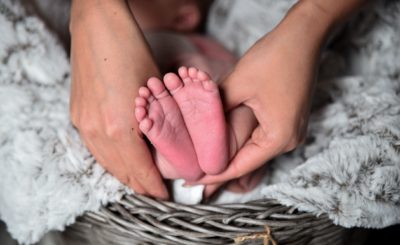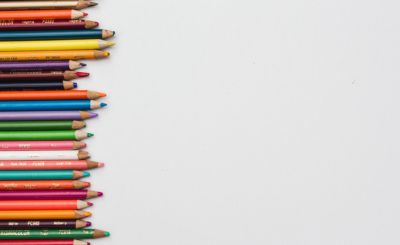A lot of people worry about their home and how they will child-proof it. Much of this comes with time and awareness of what your child will do or can reach. A newborn baby doesn’t need much child-proofing, they are usually in your arms or in their cot or bassinet or pram to begin with. They also should spend the first 6-12 months in your room, so you don’t need to panic about moving to a bigger home just yet. (Although the thought of moving house with a baby is pretty daunting. Some families move pre-baby so they don’t have to do it with a baby and all of their stuff.)
While the same goes for most of your house and garden, remember that although life pre-baby might seem busy, it’s about to get a whole lot busier. Being available to let tradies into the house is often more manageable while on maternity leave, but doing home DIY etc. is pretty hard with a baby. So if you need to put up some new fence or chop down a tree or similar, now might be a good time to do it. Do think carefully about what DIY you do while pregnant. Some paints and fumes can be damaging to an unborn (or newborn) baby, as can some sprays and infective agents in the garden.
We’ve described elsewhere a range of items to have ready for the baby, the Mum and the Dad, but there are a few more things you should make sure you have in the house ready for the first few weeks. Along with “general provisions” like toilet paper and surface spray and other regular items, make sure you have:
- Enough food to last a few days. Ideally food which can keep for a while so that you can feel comfortable that there is “backup” if you don’t get to a shop for a day or two.
- Washing power. There will be more washing to do. Babies tend to spill milk and pee on their clothes (and yours) and bedding regularly, so there is often significant increase in the frequency of clothes washing. You’ll probably need some kind of stain remover too. Poo makes quite a mess of clothing. Yours and the baby’s.
- A bucket. Along with milk and urine, there’s a reasonable rate of poo soaked clothing. It’s worth having a bucket (possibly with a lid) so you can soak the soiled clothes overnight until you have a chance to wash them.
- A bin. Obviously you already have a bin, but think through where you will put dirty nappies after changing them. As if you can’t guess, they do tend to smell, so think about a relatively small one with a lid which gets emptied regularly.
- Tea towels or hand towels. A baby tends to dribble and spill milk. Some more than others, but all of them do it. Especially in the winter, getting a baby fully undressed and dressed can be a bit of a mission. Using a towel of some kind to catch the milk and drool can limit the number of times you have to change a full set of clothes. Baby bibs are fine, but they don’t tend to be big enough to catch everything. And have a very limited lifespan. You’ll find having a pile of new tea towels useful over the next few years, the things they spill are only going to get bigger. They also come in handy for spills on the bed, the floor, the wall, the car, everywhere a baby comes near. We’d recommend a reasonable stock of them. Look for absorbent and soft rather than anything more fancy.



